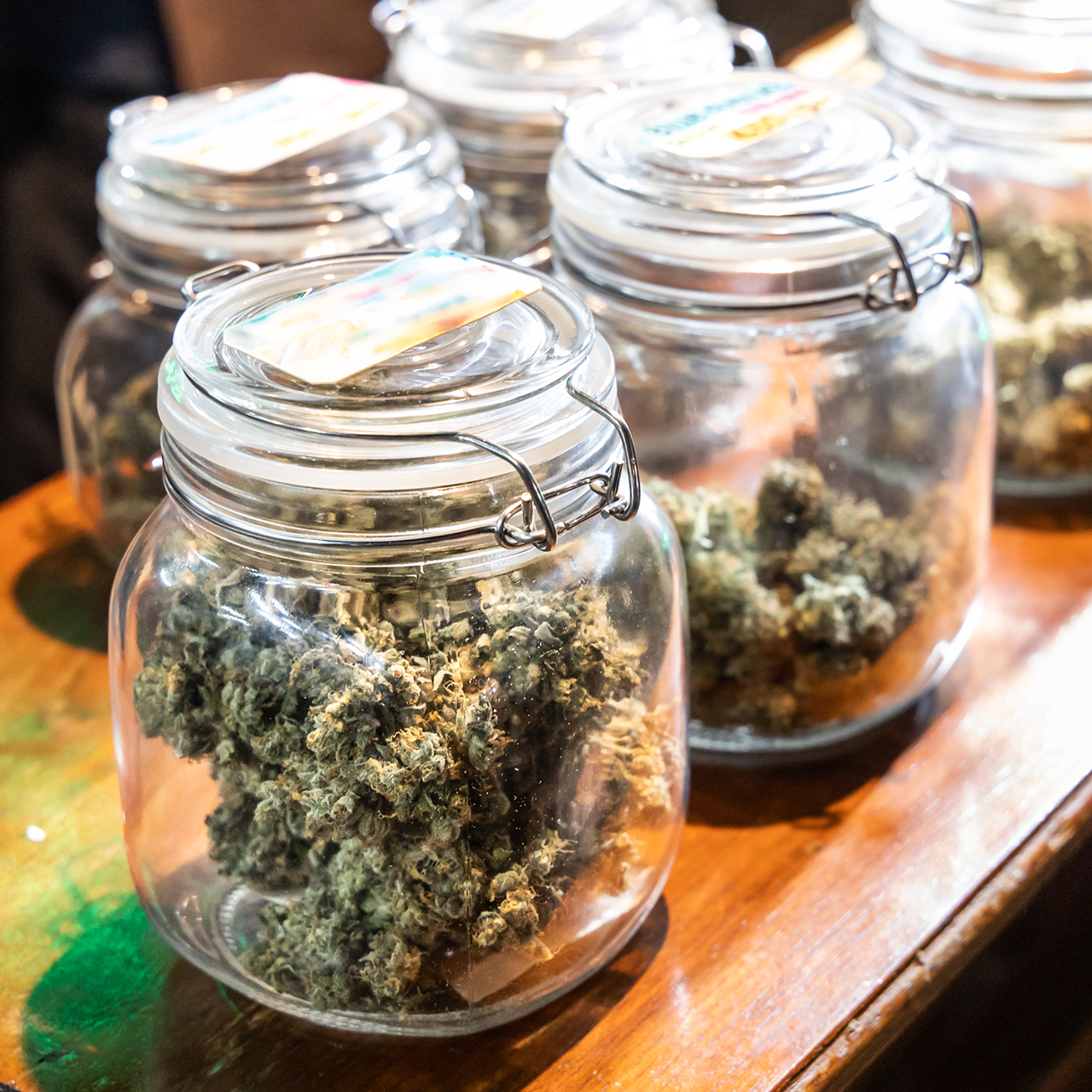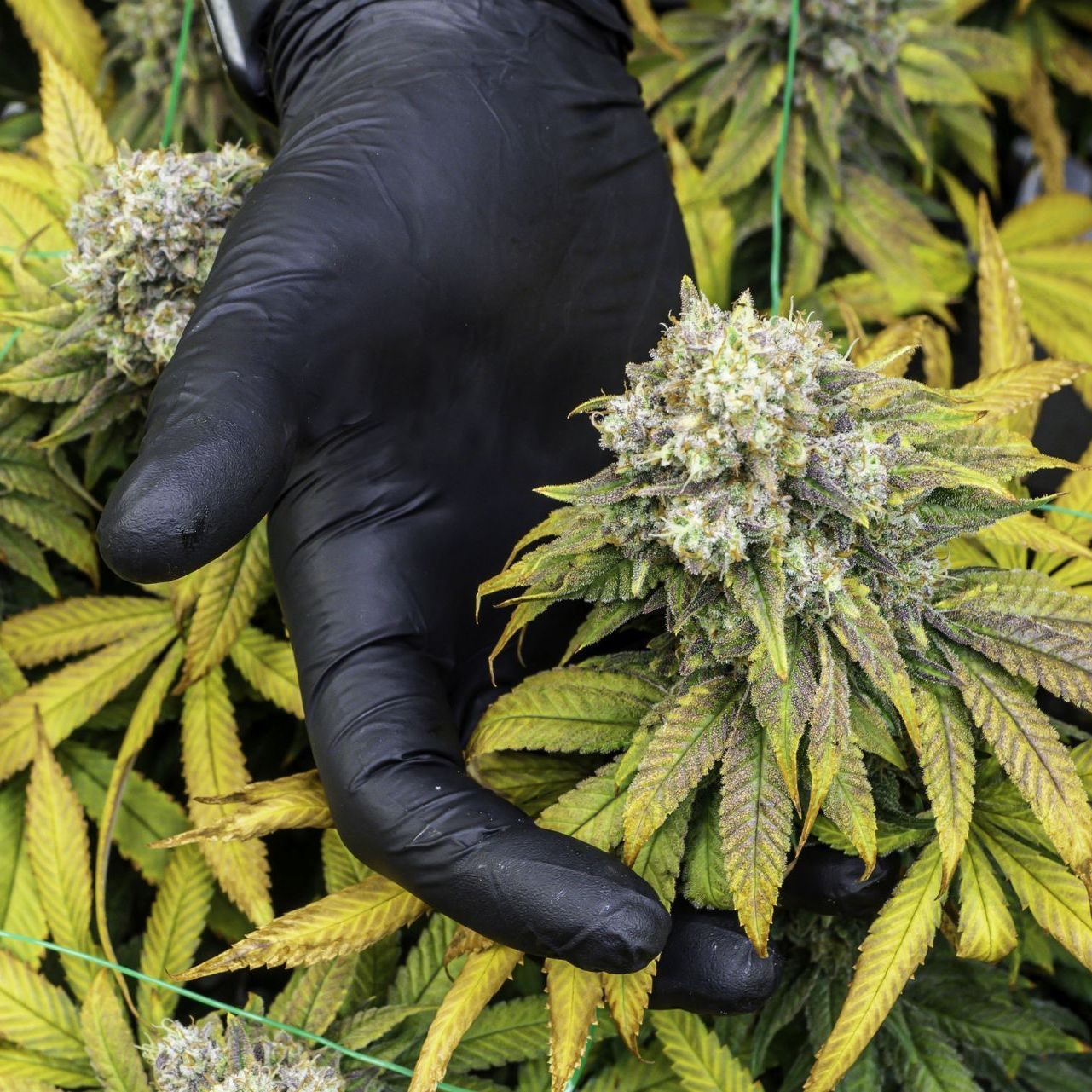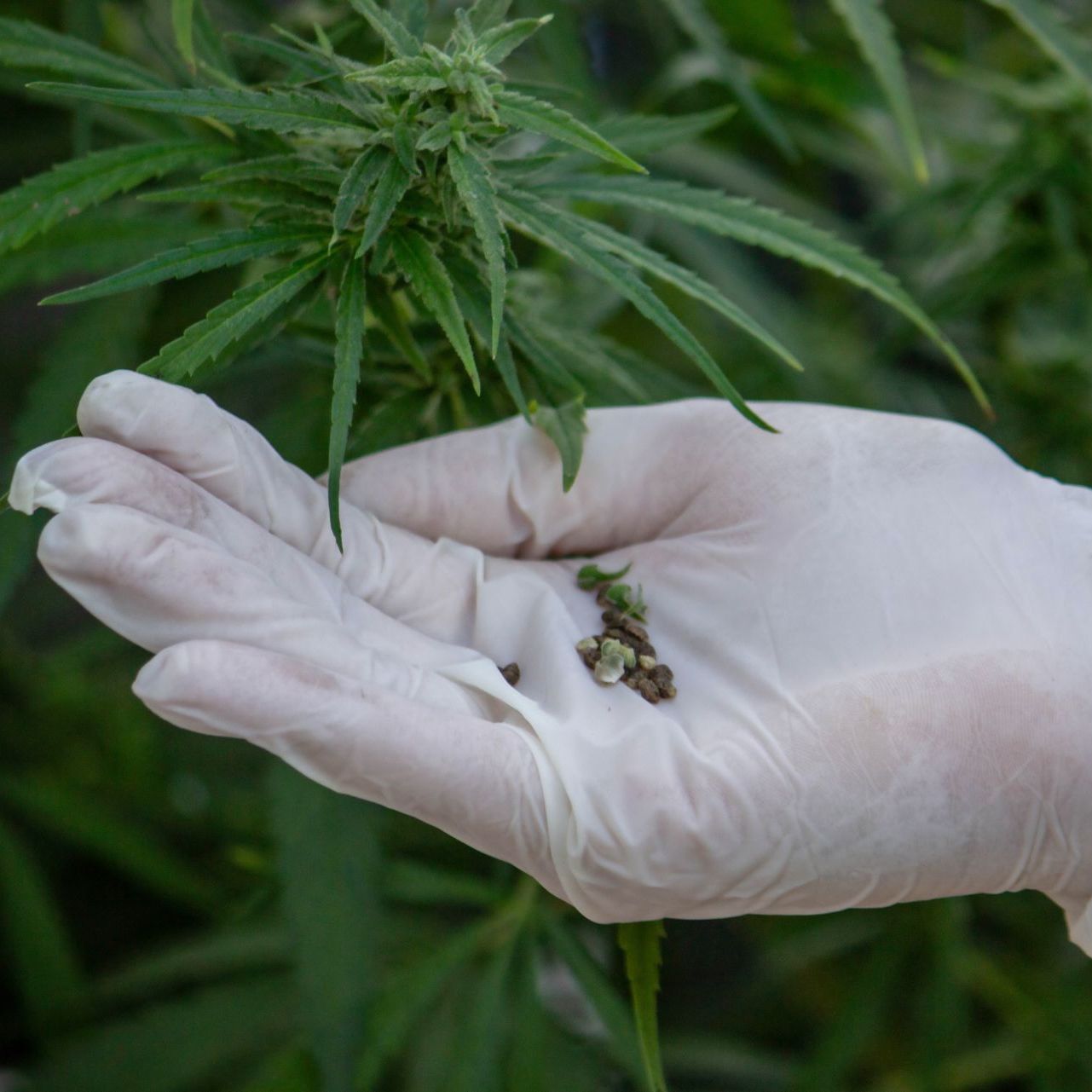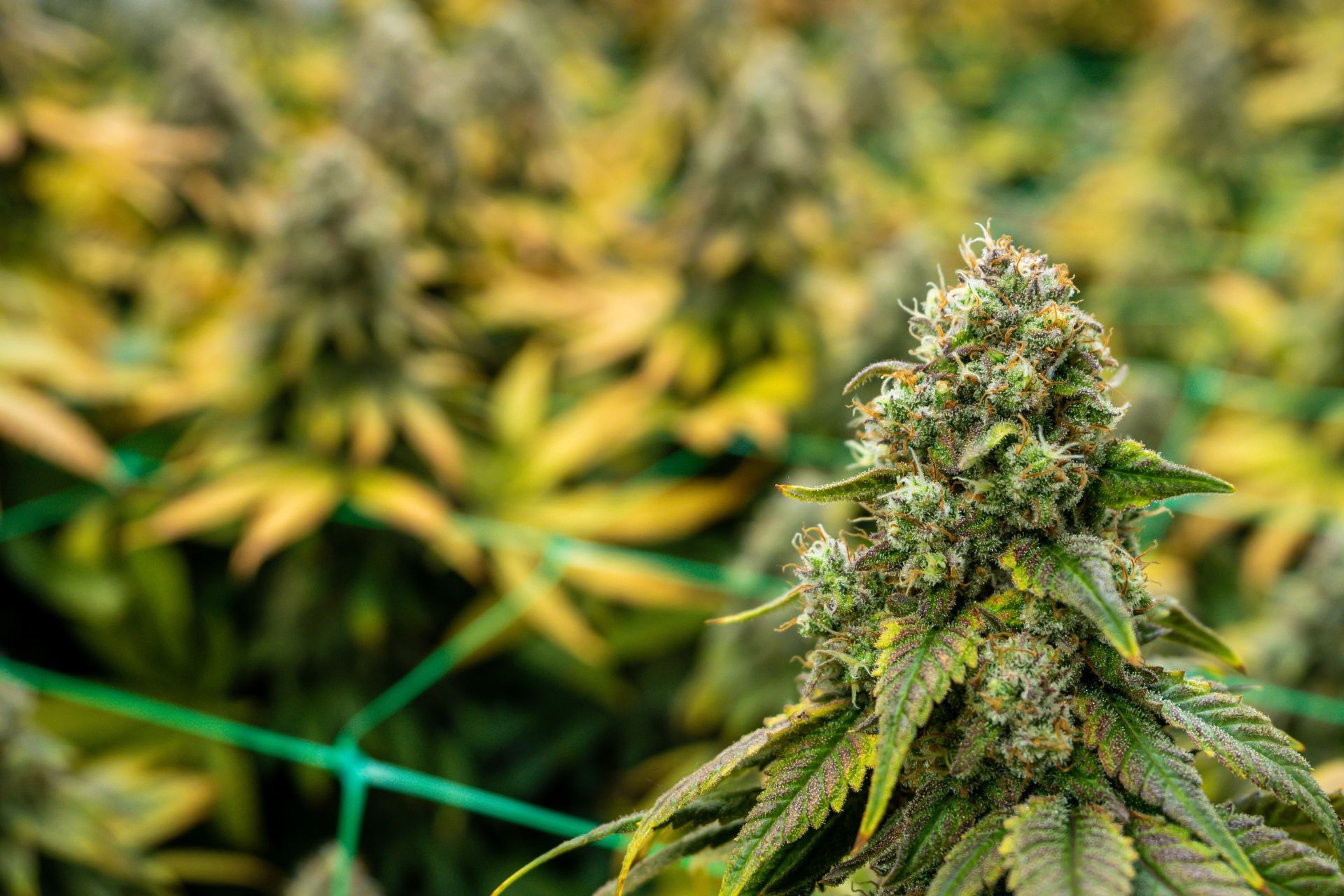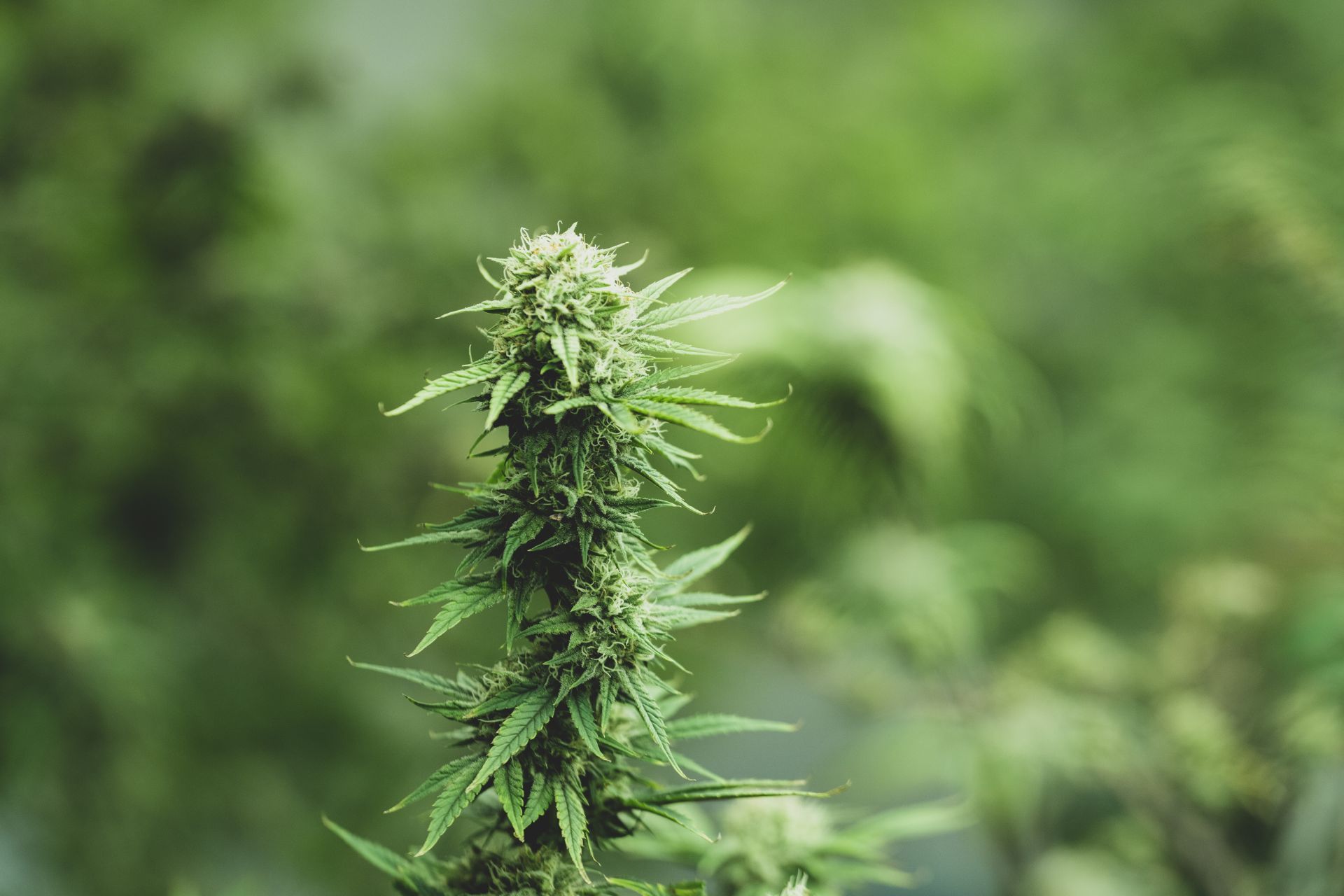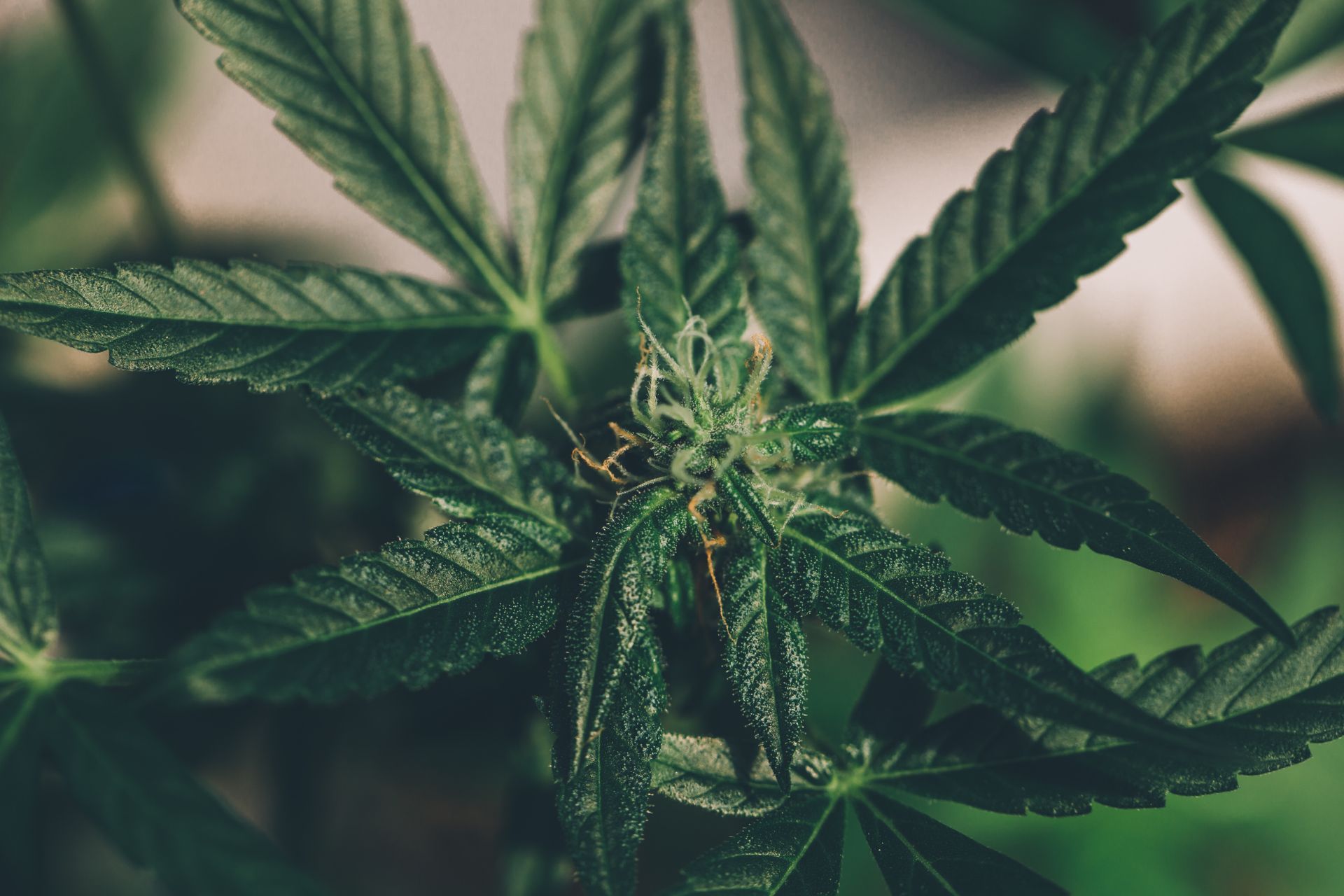Running a dispensary in Louisiana comes with unique challenges, especially when it comes to insurance. The state’s insurance market is known for higher-than-average costs and complex claim processes. For dispensary owners, understanding the nuances of insurance coverage and pricing is crucial to protecting their business and staying compliant with local regulations. This guide breaks down what you need to know about dispensary insurance in Louisiana, including coverage options, cost factors, and practical tips to navigate this tricky landscape.
Why Louisiana’s Insurance Market Stands Out
Louisiana’s insurance market is unlike many others in the country. For example, the average annual expenditure for auto insurance in the state was $1,588 in 2022, nearly 40% above the national average. While this figure relates to auto insurance, it reflects a broader trend of elevated insurance costs across various sectors, including commercial insurance like dispensary coverage. This is partly due to the state’s legal environment and claims handling practices, which can drive up premiums.
One notable challenge in Louisiana is the high rate at which property insurers close homeowners’ claims without payment—nearly 45% in 2024, significantly above the national average. This statistic signals a cautious and sometimes restrictive approach by insurers, which can impact dispensary owners seeking property or liability coverage. Understanding these local market dynamics helps dispensary operators prepare for potential hurdles in claims and coverage negotiations.
Additionally, the unique geographical and climatic conditions of Louisiana contribute to the complexities of its insurance landscape. The state is prone to natural disasters such as hurricanes, floods, and severe storms, which not only heighten the risk for property insurers but also lead to increased premiums for policyholders. For instance, after Hurricane Katrina, many insurers reassessed their risk models, resulting in a dramatic shift in coverage availability and pricing. This ongoing vulnerability to extreme weather events means that dispensaries must consider comprehensive risk management strategies, including the potential for business interruption insurance, to safeguard their operations.
For more details on Louisiana’s insurance market challenges, the
Insurance Information Institute report offers valuable insights. Furthermore, the evolving regulatory landscape surrounding cannabis businesses adds another layer of complexity. As dispensaries navigate the intersection of state laws and insurance requirements, they may find themselves facing unique challenges in securing adequate coverage that aligns with both legal compliance and operational needs.

Article By: Deb Sculli
Cannabis Insurance Specialist
TruePath Insurance is fully licensed and authorized to provide comprehensive insurance solutions across multiple states.
We proudly serve individuals and businesses nationwide, offering access to trusted regional and national carriers. Our goal is to help clients find reliable, affordable coverage that aligns with their goals—whether for personal protection, business stability, or long-term financial security.
Essential Insurance Coverages for Louisiana Dispensaries
Dispensaries face a range of risks, from property damage and theft to liability claims and employee injuries. Securing the right insurance coverage is vital to protect against these threats and ensure business continuity.
General Liability Insurance
This coverage protects your dispensary against third-party claims related to bodily injury, property damage, or advertising mistakes. For instance, if a customer slips and falls inside your store, general liability insurance helps cover medical expenses and legal fees. Given Louisiana’s litigious environment, having robust liability coverage is a must. Additionally, it’s important to consider the nuances of your customer base; for example, if your dispensary hosts events or educational seminars, you may want to explore additional coverage options that specifically address potential risks associated with larger gatherings, such as increased foot traffic and the possibility of accidents.
Property Insurance
Dispensaries typically carry significant inventory and expensive equipment. Property insurance covers losses from fire, theft, vandalism, and natural disasters. However, given that Louisiana insurers closed nearly 45% of homeowners' claims without payment in 2024, dispensary owners should carefully review policy terms and claims procedures to avoid surprises during a claim. Furthermore, it’s wise to conduct regular inventory assessments and maintain an up-to-date list of all assets covered under your policy. This proactive approach not only helps in the event of a claim but also ensures that you’re not underinsured, especially as your business grows and evolves.
Product Liability Insurance
Since dispensaries sell consumable products, product liability insurance is crucial. It protects against claims arising from product defects or adverse reactions. This coverage is especially important in Louisiana, where legal claims can be costly and frequent. Moreover, dispensaries should implement rigorous quality control measures and keep detailed records of product sourcing and testing. This diligence can serve as a defense in case of a claim, demonstrating that your business takes product safety seriously and adheres to industry standards.
Workers’ Compensation Insurance
If your dispensary has employees, Louisiana law requires workers’ compensation coverage. This insurance covers medical costs and lost wages if an employee is injured on the job. Considering the state’s higher insurance costs, budgeting for workers’ comp is essential. Additionally, fostering a safe work environment through regular training and safety protocols can help mitigate risks and potentially lower your premiums over time. Engaging employees in safety discussions not only enhances workplace morale but also promotes a culture of accountability and care.
Business Interruption Insurance
Unexpected events like natural disasters can force a dispensary to close temporarily. Business interruption insurance helps cover lost income and ongoing expenses during such periods. Given Louisiana’s vulnerability to hurricanes and floods, this coverage offers peace of mind. It’s also beneficial to develop a comprehensive disaster recovery plan that outlines steps to take in the event of an interruption. This plan should include communication strategies with employees, suppliers, and customers, ensuring that everyone is informed and prepared should a crisis arise. Additionally, regularly reviewing and updating this plan can help your dispensary remain resilient in the face of unforeseen challenges.

Factors Influencing Dispensary Insurance Costs in Louisiana
Insurance premiums for dispensaries in Louisiana tend to be higher than in many other states. Several factors contribute to this trend:
Legal Environment and Claims Frequency
Louisiana’s legal system is known for a higher volume of claims and more aggressive litigation, which drives up insurance costs. Nearly half of auto insurance premiums go toward coverage for auto injuries rather than vehicle repairs, reflecting the state’s costly injury claims environment. This legal climate spills over into commercial insurance, affecting dispensaries as well. The prevalence of lawsuits can create a culture of caution among dispensary owners, who may feel compelled to invest in comprehensive liability coverage to protect against potential claims, further inflating their insurance costs.
Risk of Natural Disasters
The state’s exposure to hurricanes, flooding, and severe storms increases the risk profile for property insurance. Insurers factor these risks into premiums, which can raise costs for dispensaries located in vulnerable areas. Moreover, the aftermath of such disasters often leads to significant property damage, which can result in higher claims. Dispensaries may also need to invest in additional safety measures, such as reinforced structures or advanced security systems, to mitigate these risks, adding to their overall operational costs.
Claims Handling Practices
With property insurers closing nearly 45% of homeowners’ claims without payment, dispensaries may face challenges in getting claims approved. This cautious approach by insurers can translate into higher premiums to offset potential losses. The complexity of the cannabis industry, which is still navigating federal regulations, can further complicate claims processes. Dispensary owners may find themselves in a position where they must provide extensive documentation and justification for claims, leading to delays and frustrations that can impact their bottom line.
Business Size and Location
The size of your dispensary, the value of your inventory, and your location within Louisiana all influence insurance costs. Urban areas with higher crime rates or flood zones typically face steeper premiums. Additionally, the demographic of the surrounding community can play a role; areas with a higher population density may experience more foot traffic, which can increase the likelihood of theft or vandalism. Dispensaries in these regions might need to invest in more robust security measures, such as surveillance systems and alarm services, which can further contribute to their overall insurance expenses. Furthermore, the competitive nature of the cannabis market in Louisiana may compel dispensaries to take on additional risks, such as offering delivery services, which could also impact their insurance needs and costs.
Strategies to Manage and Reduce Insurance Costs
Despite the challenges, dispensary owners can take steps to control insurance expenses without compromising coverage quality.
Invest in Risk Management
Implementing strong security measures, such as surveillance cameras, alarm systems, and controlled access, can reduce the risk of theft and vandalism. Training staff on safety protocols also lowers liability risks. Insurers often reward businesses with lower premiums for proactive risk management. Additionally, conducting regular safety audits can help identify potential vulnerabilities in your operations, allowing you to address them before they lead to costly claims. Engaging with local law enforcement to understand crime trends in your area can also inform your security measures, ensuring they are tailored to the specific challenges your dispensary might face.
Shop Around and Compare Quotes
Insurance rates vary widely between providers. Obtaining multiple quotes and comparing coverage details helps identify the best value. Working with brokers who understand the cannabis industry and Louisiana’s market nuances can be particularly beneficial. It's also wise to consider the insurer's reputation and claims process, as a lower premium might not be worth it if the company has a history of poor customer service or slow claims handling. Engaging in discussions with other dispensary owners about their experiences can provide valuable insights into which insurers offer the best balance of price and service.
Bundle Policies
Many insurers offer discounts for bundling multiple policies, such as general liability, property, and workers’ compensation. Bundling simplifies administration and can lead to cost savings. Furthermore, some insurers provide additional perks for bundled policies, such as risk management resources or dedicated support teams. By consolidating your insurance needs with a single provider, you may also find it easier to navigate claims and renewals, fostering a more streamlined experience that can save time and reduce stress.
Review Coverage Regularly
As your dispensary grows or changes, your insurance needs evolve. Regularly reviewing and adjusting coverage ensures you are not overpaying for unnecessary protection or underinsured against new risks. This process should include an assessment of your inventory, property values, and any new services or products you may have introduced. Additionally, staying informed about changes in local regulations and industry standards can help you anticipate adjustments to your coverage needs, ensuring that your policy remains aligned with your business operations and compliant with legal requirements. Engaging with your insurance agent during these reviews can provide insights into emerging risks and help you make informed decisions about your coverage strategy.

Understanding Louisiana’s Insurance Market Challenges
Louisiana’s insurance market is shaped by factors that dispensary owners must navigate carefully. The high percentage of claims closed without payment-nearly 45% for homeowners in 2024-reflects a market where insurers are cautious about payouts. This environment demands thorough documentation and clear communication when filing claims.
Additionally, residents spend about 2.7% of their income per car annually on insurance, with nearly half directed toward injury coverage rather than repairs. This statistic highlights the state’s focus on injury-related claims, which can indirectly affect commercial insurance pricing due to the overall risk pool.
Understanding these market characteristics helps dispensary operators anticipate challenges and plan accordingly. For a detailed look at these trends, the
Weiss Ratings analysis provides an expert perspective.
Coverage Comparison: General Liability vs. Product Liability for Dispensaries
| Coverage Type | What It Covers | Why It Matters for Dispensaries | Typical Cost Factors |
|---|---|---|---|
| General Liability | Bodily injury, property damage, personal injury claims from third parties | Protects against accidents on premises, advertising mistakes, and slip-and-fall incidents | Business size, location, claims history, legal environment |
| Product Liability | Claims related to product defects, contamination, or adverse reactions | Essential for dispensaries due to the nature of consumable goods sold | Product types, manufacturing controls, recall history |
Frequently Asked Questions About Louisiana Dispensary Insurance
Q: Is dispensary insurance mandatory in Louisiana?
A: While not all coverages are legally required, certain policies like workers’ compensation are mandatory if you have employees. Other coverages, such as general liability and product liability, are strongly recommended to protect your business.
Q: Why are insurance costs higher in Louisiana compared to other states?
A: Louisiana’s higher costs stem from its legal environment, frequent claims, and natural disaster risks. Insurers factor these into premiums, making coverage more expensive than the national average.
Q: How can I lower my dispensary insurance premiums?
A: Implement risk management practices, compare quotes from multiple insurers, bundle policies, and regularly review your coverage to avoid paying for unnecessary protection.
Q: What should I do if my insurance claim is denied?
A: Document everything thoroughly, communicate clearly with your insurer, and consider consulting a professional or legal expert experienced in Louisiana’s insurance market to assist with appeals.
Q: Does business interruption insurance cover natural disasters in Louisiana?
A: Yes, business interruption insurance typically covers lost income and ongoing expenses if your dispensary must close due to covered events like hurricanes or floods, which are common in Louisiana.
Q: How does Louisiana’s high rate of claims denial affect dispensaries?
A: It means dispensary owners need to be extra diligent when filing claims, ensuring all documentation is complete and accurate to improve the chances of approval.
What to Remember When Choosing Dispensary Insurance in Louisiana
Insurance is not just a regulatory checkbox; it’s a critical part of your dispensary’s resilience. Louisiana’s insurance market is tough, with higher costs and stricter claims handling. However, by understanding the local landscape, selecting comprehensive coverage, and managing risks proactively, dispensary owners can secure protection that supports long-term success.
Keep an eye on market changes and stay informed about legal reforms that could impact insurance availability and pricing. Reliable coverage tailored to your dispensary’s specific risks can make all the difference when unexpected events occur.
For more information on Louisiana’s insurance market and how it affects businesses, the
Insurance Information Institute’s analysis is a helpful resource.
About The Author: Deb Sculli
I’m Deb, a Cannabis Insurance Specialist focused on helping dispensaries, cultivators, and cannabis-related businesses find the right protection. With a strong understanding of the industry’s regulations and risks, I work hard to simplify the insurance process—so my clients stay compliant and confidently safeguard their operations and investments.
Contact Us
WHO WE HELP
Serving the Cannabis Supply Chain
We cover licensed operators at every stage.
OUR BLOGS
Resources for Cannabis Business Owners
Stay informed and protected with our latest posts.
COMMON QUESTIONS
Cannabis Insurance Made Clear
Answers to the questions we hear most from cannabis business owners.
What types of insurance do you offer for cannabis businesses?
We offer commercial property, general liability, product liability, crop insurance, workers’ compensation, and cyber liability tailored to cannabis operations. These policies address the most common risks, such as crop loss, product claims, and facility damage.
Our agents will help you match the right coverage to your business type and scale, whether you're a dispensary, grower, processor, or distributor.
Why is specialized cannabis insurance necessary?
Standard business policies often exclude cannabis-related activities, which leaves significant exposure gaps. Cannabis-specific insurance covers unique industry risks like product recalls, crop theft, and regulatory compliance.
Having the right policy also satisfies licensing, leasing, and vendor requirements, allowing your business to operate legally and securely.
How does your agency ensure compliance with state regulations?
Many states require proof of specific insurance types before issuing or renewing cannabis licenses. We stay up-to-date on regulatory changes and ensure your policies meet state and local mandates.
That means you avoid surprises during audits or inspections and maintain good standing with licensing authorities.
How fast can I get a quote and bind coverage?
Request a quote and you’ll typically receive a custom proposal within 24 hours. Once you review and accept it, coverage can often be bound the same day, so your business isn’t left exposed.
We streamline documentation and communication to make setup fast and clear—no confusing forms or delays.
Do you support multi-state cannabis businesses?
Yes. We are licensed to operate in 36 states, including major cannabis markets. Whether you’re operating in one state or across several, we can design policies that address your regulatory and risk needs.
As you expand, our team adjusts your coverage accordingly—keeping your protection consistent across state lines.
What should I consider when selecting cannabis insurance?
Begin by identifying your key exposures—crop value, product inventory, employee safety, or cyber data. From there, choose coverage that aligns with these risks instead of opting for a basic or low-cost solution.
Also, look for a provider with cannabis expertise and responsive claims support—this experience helps during actual loss events.
Contact Us
Phone
Address

